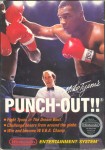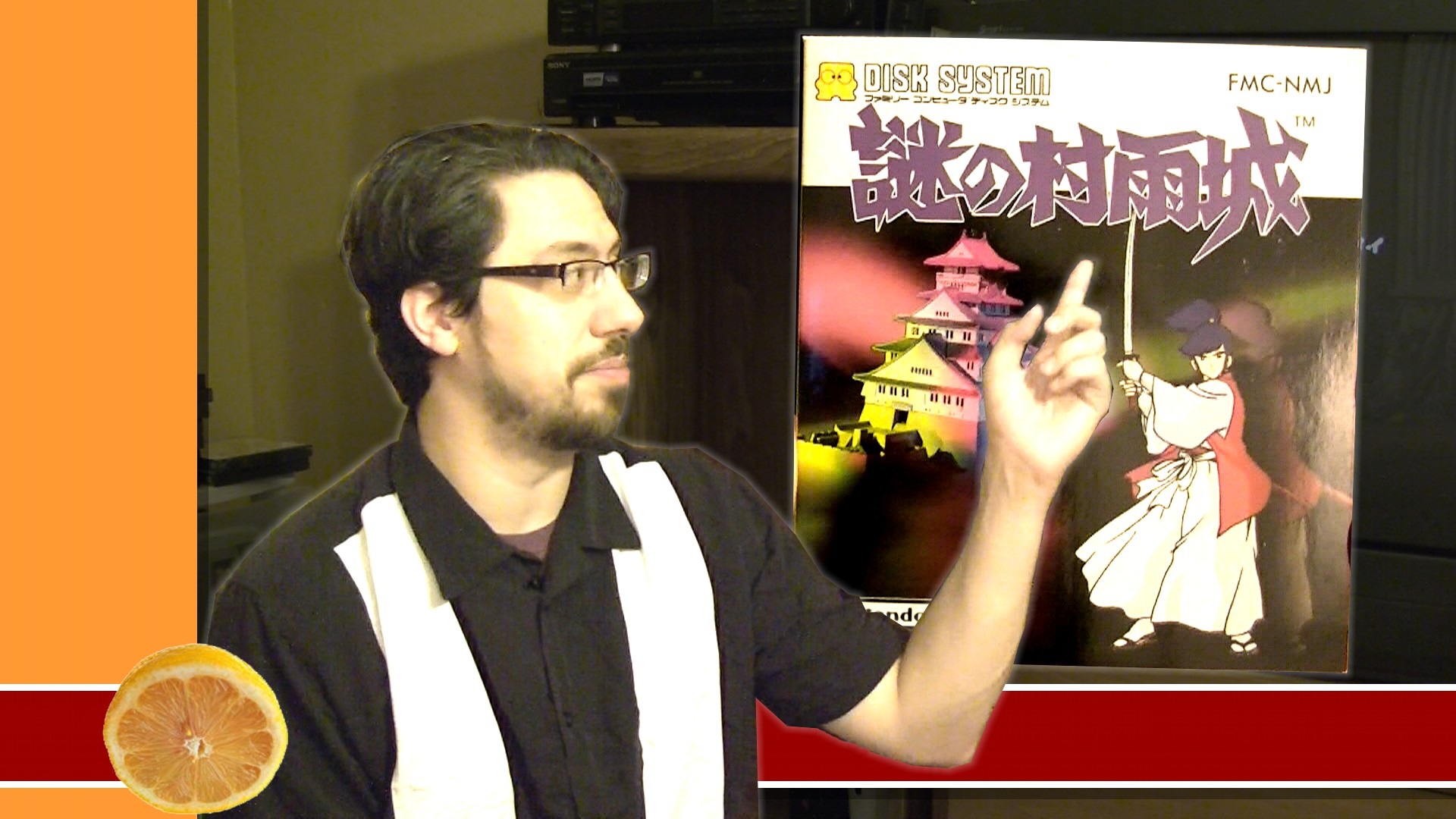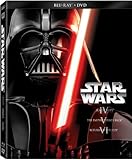Lost Classics: Mike Tyson’s Punch Out (NES)
by William Talley, filed in Games, Lost Classics on Oct.09, 2009
 This past weekend I featured a big article on the Nintendo Entertainment System’s most influential games. This didn’t make the list, but it was still an excellent sports title from Nintendo’s early days. Back then, beating Mike Tyson was a rite of passage for any hardcore gamer. Of course, en route to face him, you also went face to face with several fictional boxers, each of them becoming memorable in their own right. Who could for get King Hippo, Glass Joe, or Don Flamenco? Sequels to this game later appeared on the Super Nintendo and most recently the Wii, but this NES classic is the most well known iteration of Punch Out.
This past weekend I featured a big article on the Nintendo Entertainment System’s most influential games. This didn’t make the list, but it was still an excellent sports title from Nintendo’s early days. Back then, beating Mike Tyson was a rite of passage for any hardcore gamer. Of course, en route to face him, you also went face to face with several fictional boxers, each of them becoming memorable in their own right. Who could for get King Hippo, Glass Joe, or Don Flamenco? Sequels to this game later appeared on the Super Nintendo and most recently the Wii, but this NES classic is the most well known iteration of Punch Out.
Punch Out was another arcade-to-home port that had to be drastically altered to fit within the NES’s graphical capabilities. The original arcade port featured a wireframe character and two screens (one for stats and another to show the game), so obviously this wouldn’t be feasible to even try to duplicate on the NES, so they chose to work with a top-down view, add in new fighters, and add in a plot featuring cutscenes. When then Nintendo president Minoru Arakawa saw Mike Tyson in a boxing match, he was so impressed by iron Mike that he decided to insert a digital likeness of him in the game. As Little Mac, you made your way through the boxing circuit taking on all challengers. Each boxer has his own pattern of attacks, and it was up to you to figure out how to defeat them by exploiting their strategy and figuring out their weakpoints. This game wasn’t focused on movement and punches as it was focused on timing and strategy, almost like a puzzle game.
A few years after its release, Mike Tyson’s name was dropped from the title, and players fought Mr. Dream at the end of the game. Even so, Punch Out remains one of the best boxing games of any system generation. The game is available on Virtual Console, but unfortunately, it’s the Mr Dream version.
Fun Fact: Contrary to popular belief, Tyson’s name wasn’t dropped from the title due to his rape charges and divorce from Robin Givens. The licensing rights that Nintendo had to use his name and likeness simply expired, and the company neglected to renew them.


 PS3
PS3
 Famicom Dojo
Famicom Dojo KEEP PLAYING
KEEP PLAYING KEEP PLAYING: Rewind
KEEP PLAYING: Rewind Powet Toys
Powet Toys Powetcast
Powetcast Hitchhiker's Guide POWETcast
Hitchhiker's Guide POWETcast














